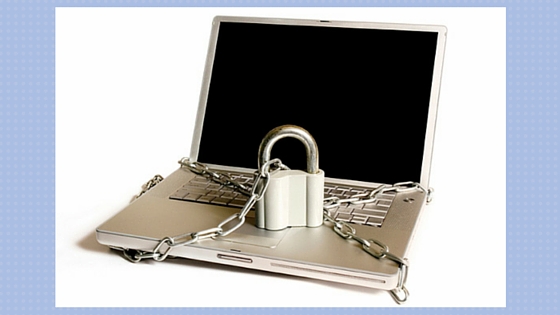How Public Libraries Play a Role in the State of Privacy in America

It’s been a little over two and a half years since Edward Snowden’s revelations of the National Security Agency’s surveillance of American’s online and phone communications and records. Have American opinions of privacy been affected? And how has it shaped online behavior? Since the June 2013 Snowden leaks, the Pew Research Center began an in-depth study on how Americans view privacy and sharing personal information. Pew’s recently published report The State of Privacy in America reveals surprising results—and some interesting opportunities for public libraries to get involved in privacy and surveillance discussions.
Protecting Patron Privacy
It’s a known fact that libraries collect personal data about patrons or volunteers, whether it is information for a library card, a name on a public access computer sign-up sheet, or a digital record of websites visited. The Pew Report found that “91% of adults agree or strongly agree that consumers have lost control of how personal information is collected and used by companies.”[1] Furthermore, the report found that Americans have “a deep lack of faith in organizations of all kinds, public or private, in protecting the personal information they collect.”[2]
How do libraries keep the faith of patrons and ensure that the library is a trusted organization? We know how committed libraries are to privacy, but our patrons might not.
Interestingly, Pew’s panel of experts interviewed for this report argued that privacy is no longer a “condition” of American life but rather that it is becoming a commodity to be purchased. The American Library Association (ALA) addresses the conundrum of the expectation of privacy in a public place: “To the greatest extent possible, the user should be able to work independently, both to afford privacy and to reduce the quantity of confidential records for which the library must be responsible.”[3] What if the library was a place where privacy was not only a condition, but a right?
A Policy and a Pledge for Digital Privacy
The ALA advises libraries to create a privacy policy to ensure that patron data is protected. The privacy policy should communicate your library’s commitment to protecting user data and should be shared with your community. The ALA recommends consulting with an attorney to craft a policy.[4]
Another step your library can take to keep the privacy faith among your community is by taking the Library Freedom Project’s Library Digital Privacy Pledge of 2015-2016. If aren’t familiar with the Library Freedom Project already, it is an excellent resource for public libraries looking to more deeply explore tools and resources on privacy and surveillance.
This year’s pledge focuses on the use of HTTPS for delivering library and information services. The Library Freedom Project writes that “HTTPS is a privacy prerequisite, not a privacy solution.” [5] HTTPS is a protocol for secure communication over a computer network. It is becoming a standard for modern websites, particularly with Mozilla announcing its intention to phase out Firefox support for HTTP in favor of the secure HTTPS protocol.
An Opportunity for Education
When it comes to educating users about privacy, American public libraries have a huge opportunity. Pew reports that “some 86% of Internet users have taken steps online to remove or mask their digital footprints, but many say they would like to do more or are unaware of the tools they could use.”
After the Snowden revelations, the San Francisco Public Library hosted an event on encryption tools with the Electronic Frontier Foundation, a nonprofit dedicated to fighting for citizen digital rights. Both the Philadelphia Free Library and the Monroe County Library in Indiana have also held classes and workshops on privacy and online safety (which you can read more about in the links).
The entire Pew report is worth reading as it provides a look into the behavior, concerns, and knowledge surrounding privacy and surveillance. Public libraries not only have the unique opportunity to educate communities but also to be leaders in privacy practices and technology.
References:
[1]Rainie, Lee. “The State of Privacy in America: What We Learned.” Pew Research Center. January 20, 2016. Accessed February 11, 2016. http://www.pewresearch.org/fact-tank/2016/01/20/the-state-of-privacy-in-america/
[2] Ibid.
[3] “Questions and Answers on Privacy and Confidentiality.” American Library Association. July 1, 2014. Accessed February 11, 2016. http://www.ala.org/advocacy/intfreedom/librarybill/interpretations/qa-privacy
[4] Ibid.
[5] “The Library Digital Privacy Pledge.” Library Freedom Project. Accessed February 11, 2016. https://libraryfreedomproject.org/ourwork/digitalprivacypledge/
Tags: patron privacy, privacy












